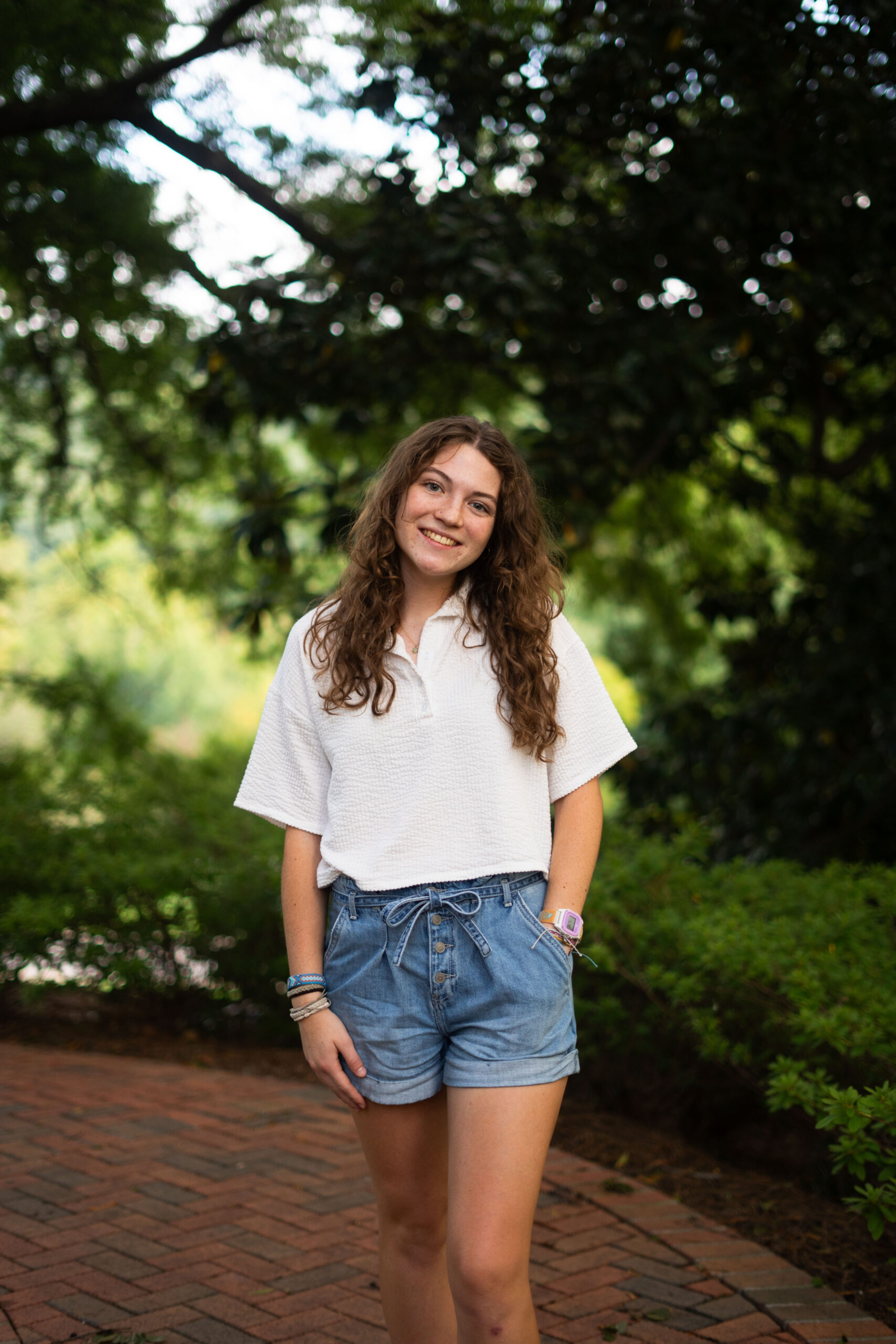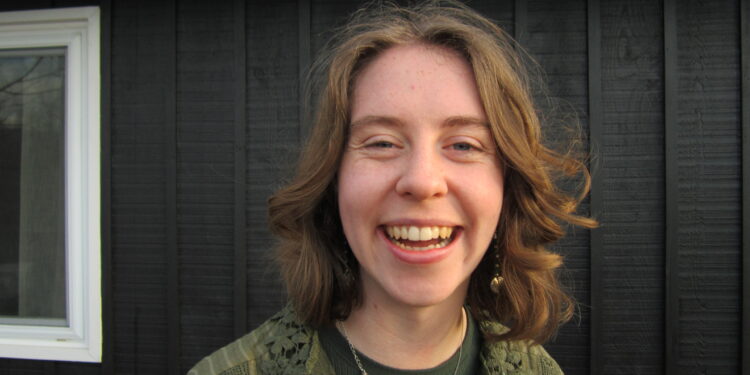Sarah Chew, a senior University Fellow and English and Philosophy double major, has been awarded the prestigious Barry Scholarship for study at the University of Oxford.
The scholarship’s website says that it is “awarded in recognition of a student’s dedication to the academic vocation and the pursuit of truth.”
Chew will attend Oxford for a one-year master’s program in theology with a concentration in science and religion. After her program at Oxford, she hopes to advance to another degree, either a second master’s or a doctorate in philosophy.
Chew first became interested in the discussion of science and religion through Scientific Inquiry, a class she took through the University Fellows curriculum.
“What sort of sparked my interest was this interplay between these two fields that I had thought were very different up until that point,” she said.
Professor Todd Krulak, Director of University and Micah Fellows, has known Sarah since the beginning of her time at Samford.
“Actually, she contacted me before she got here and wanted to talk about her academic career,” he said. “She’s very serious about her academics, even before she stepped foot on campus.”
Krulak described Chew as “top-notch”.
“Intellectually, operates at the highest level,” he said. “(She is) excellent at taking in ideas, processing them, looking at them from different perspectives and angles and asking really good questions.”
For her undergraduate thesis, she wrote about consciousness and the connections of technology and attention. In her future study, she’s interested in further exploring these questions and thinking about how AI relates to faith and philosophy.
Another professor, Taylor Cyr, also met Chew through teaching in the University Fellows program. She went on to take several of his classes for her philosophy major.
Chew and Cyr have collaborated on research, publishing an article together on the movie “Everything Everywhere All at Once” for the Gospel Coalition, discussing the existentialist and nihilist philosophy in the film. The development of the paper began when a discussion after class ended up turning into a larger conversation.
“I thought she had ideas that that weren’t mine and that were interesting, but that kind of meshed with what I wanted to say,” Cyr said, and this led him to inviting her to collaborate.
“She’s interested in a lot of different things, in a good way, like kind of healthy curiosity,” Cyr said.
The Barry Scholarship requires a nomination to apply, so once Chew received the nomination, she began to work on applying for both the University of Oxford, as well as the scholarship at the same time.
“They (the Barry Scholarship) are particularly interested in commitment to truth in academia, so they’re looking for people who are wanting to sort of redeem the intellectual life and think about it as more of like a vocation,” Chew said. “That was something that also really drew me to the program. I think it would be a really interesting cohort of intellectuals to be around.”
As to her motivation to continue to pursue philosophical questions, Chew spoke to her family’s encouragement to pursue a good education, and the general conversation in her home about how different texts are informed by or inform faith.
“College was really exciting to me because of that, because it gave me the chance to get farther and deeper into those subjects than ever before,” she said. “I think the pursuit of truth is at the heart of what academia is about for me.”
To other undergraduate students seeking academic excellence, Chew advises not to underestimate the little assignments.
“Carving out the space for yourself to do the deep work that you need to do is where both high achieving results that you want will come from, but also the satisfaction of doing a good job.”

News Editor





